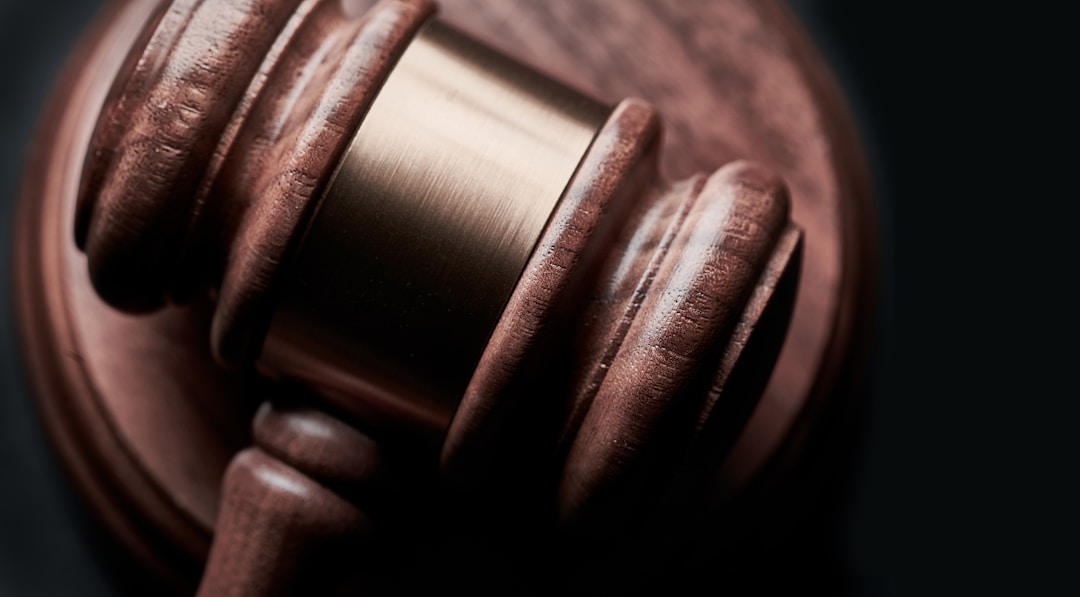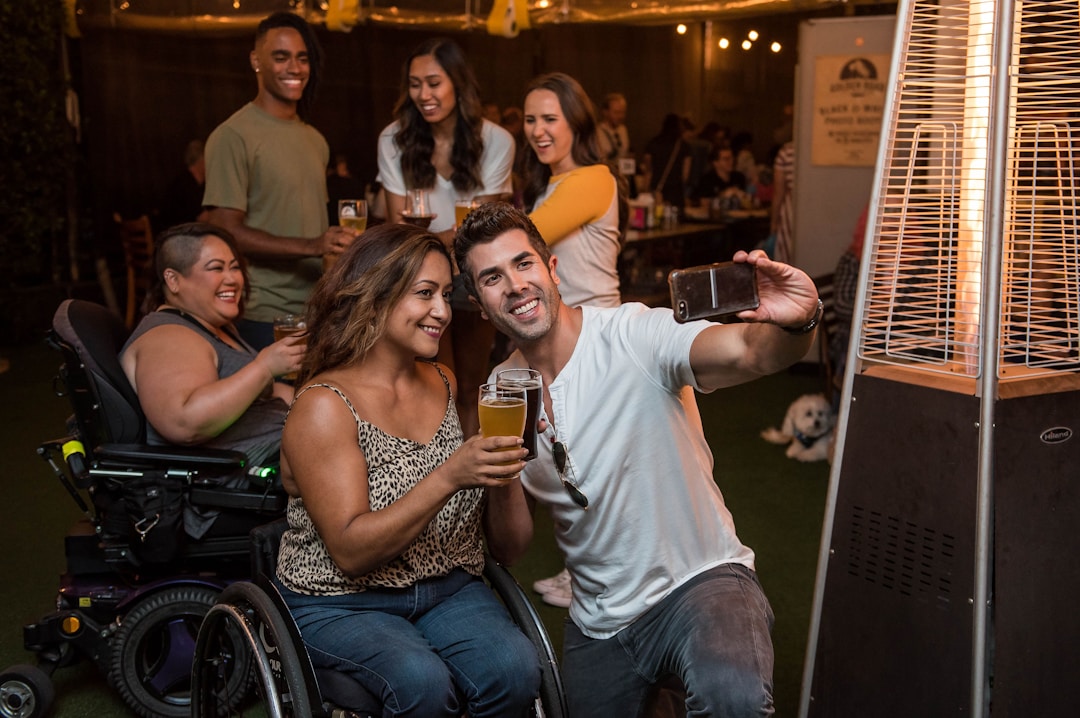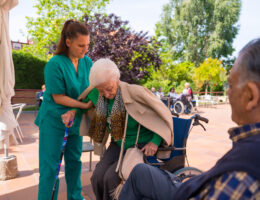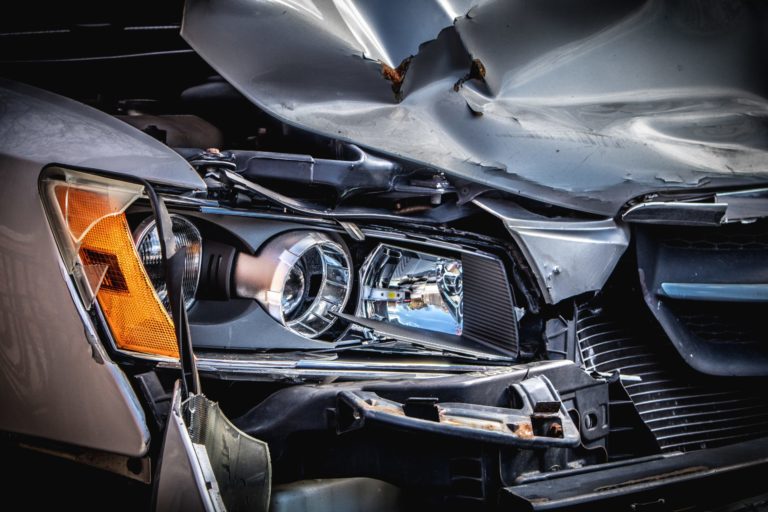Few could argue that losing a limb after a car accident or other tragic situation isn’t a life-changing experience. If you experienced a personal injury from a truck accident or due to someone else’s negligence, hiring a personal injury lawyer to help you navigate a personal injury case could be step one towards your recovery.
From working with a law firm with years of experience in personal injury cases to building a support network and rebuilding your life, there is always hope that things will improve in the future. New technology and the use of prostheses has helped many others like you after losing a limb through an accident or even medical malpractice situation. For ways to move forward after losing a limb from any kind of accident, read on.
Finding an Attorney for your Personal Injury Claim

One of the best ways to secure your future after suffering from a serious injury involving the loss of a limb or amputation is to contact a personal injury lawyer who can help you to file a personal injury claim. With extensive experience and the ability to provide legal advice for personal injury cases across the U.S., a personal injury firm can work to see that your best interest is taking into consideration when determining fair compensation.
If you’re from the Midwest, for example, finding a personal injury lawyer in Chicago IL could take the stress of wondering how you’ll pay for prosthetics, appointments with the physical therapist, and more. A personal injury lawyer can help determine fair compensation for missed work, pain and suffering, medical devices you’ll need for recovery, and more.
Most personal injury law firms offer free consultations and can help with anything related to personal injury, severe injury, workers’ compensation claims, and more. Start by gathering your medical records and asking to meet with a personal injury lawyer to go over your legal options.
Building a Support Team

As a victim of a severe accident, it’s important not to overlook your mental health as you navigate your physical injuries and recovery process. For this reason, it’s a good idea to begin building a support team as soon as possible. From friends and family to a licensed therapist who can help you untangle trauma, PTSD symptoms, anger, the stages of grief, and more, you’ll be better equipped to stay helpful with a solid support team around you.
If you’re from the Washington DC area, start with a Google search for ‘therapy in DC‘ to connect with a team of therapists who understand why you’ll need extra support and can help you to work through feelings. As you move through recovery and begin learning to use a wheelchair, adaptive equipment, or simply rethink your career, having an unbiased and licensed mental health support could be an invaluable tool. While you’re looking for supports, consider an online support group as well. Getting to know other people who have survived and thrived after a serious injury or amputation could be a great boost for you.
Researching Options and Finding Hope

If you suffered a spinal cord injury and paralysis, it’s important to know that there could be hope for walking again. Doing some research on the latest exoskeleton prosthetic and talking to your doctors will be important when keeping spirits up and maintaining hope. Regardless of your new reality, it could be helpful to try some of your own research when it comes to medical treatments or equipment that might improve your basic quality of life.
The next time you visit your doctor or physical therapist, consider asking for resources on the latest exoskeleton technologies, clinical trials, and more. You might be surprised how far science has come with things like robotic arms and overall medical treatments. At the very least, it might give you hope.
Being Honest with Yourself, Friends, and Family

No matter how optimistic you and your support team are, this is a stressful time for everyone. The next step forward could be having an honest conversation with the people you love about your feelings. When having this conversation, it’s important that you allow your family to open up, too. By being honest with the people who love you most, even when the conversations are hard, you’ll be able to help each other get through the challenges ahead more effectively. While your accident happened to you, it will impact your caregivers, too, and having those conversations early on will help everyone.
If you aren’t sure how to bring certain topics up, run them by your therapist. A licensed psychologist will be able to practice with you until you feel comfortable enough to express yourself to your family and friends after a serious accident.
The future can be bright in spite of difficult circumstances. While it might be hard to have hope immediately following an accident that stole you or a loved one’s limb, there are people out there who can help you get fair compensation, the right equipment, and the emotional support you’ll need to regain your confidence and independence. Reach out to a licensed therapist, a personal injury attorney, and your healthcare team to begin your journey toward a full recovery.




